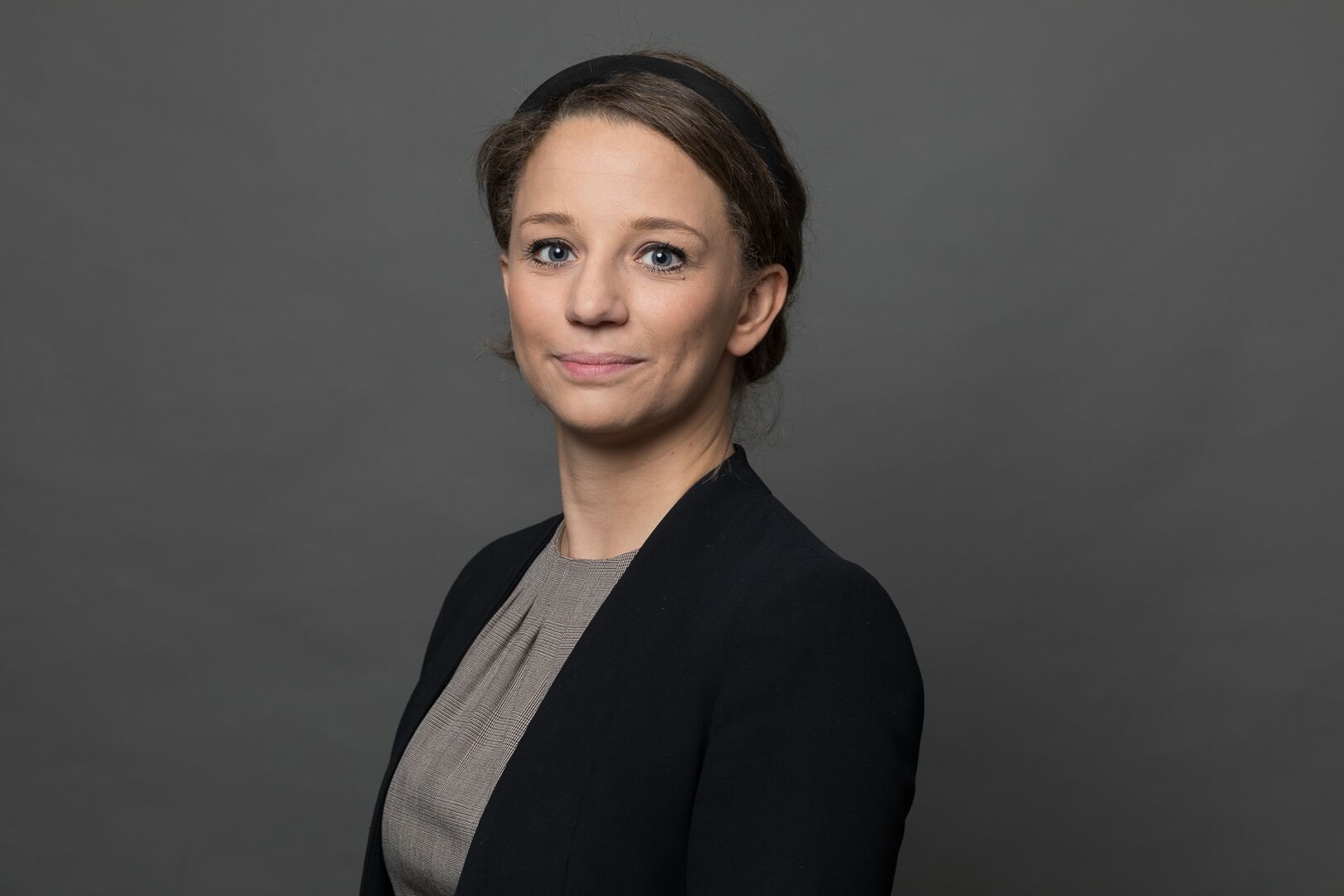TAKEN ON TRUST
Published on 14 February, 2020 | Alice Rogers

I’d imagine that most people would imagine that trust is a fundamental element of any successful relationship.
Nevertheless, there are many marriages in which trust takes on both an abstract, emotional and a very real, financial dimension.
This time last week I was at a fascinating event in Helsinki which examined the various circumstances in which trusts become the subject of dispute. To be precise, this time last week, I was actually enjoying a husky ride around the National Park before taking a hike around its beautiful frozen lake, as part of the winter fun activities sponsored by Wilberforce chambers.
The third annual conference of the Contentious Trusts Association (or ConTra, for short) was arguably its biggest yet, underlining how the issue is attracting more attention not just from family lawyers but colleagues in a variety of other specialisms (both on-shore and off-shore) such as civil fraud, insolvency and real estate (https://informaconnect.com/trusts-in-litigation/).
It was impressive to secure a presentation from Sir Nicholas Mostyn, one of the most senior judges in the Family Division of the High Court and an individual whose ruling in the case of a British pop star has been the subject of an article on this ‘blog by Andrew Newbury only in the last few days (https://hallbrown.co.uk/pop-the-consequence-of-one-rock-stars-ruling-for-child-maintenance/). Throughout the conference, all of the speakers raised interesting and engaging questions which prompted enthusiastic discussion and debate amongst the attendees. The organising committee also made sure that other topics of interest (not necessarily trust-related) were interspersed in the various talks and workshops, which added a refreshing dynamic to the agenda.
One of the reasons why I travelled to Helsinki was a consequence of the growing proportion of the cases which we deal with now involving the presence of family trusts which have either been established before or during a marriage, but most likely as a means to protect generational or inheritable wealth. A workshop on the Friday afternoon involved the consideration of estate planning and succession which is something we are alive to, particularly when advising in respect of pre-nuptial and post-nuptial agreements.
There are, I should point out, a number of different types of family trust but, broadly speaking, if a spouse has an interest in a trust and is likely to have access to the assets which it holds in the foreseeable future, it can be made subject to the process of matrimonial asset division upon divorce.
That can even include awarding the spouse who is not an intended beneficiary a higher proportion of a couple’s non-trust assets by way of off-setting in the context of the trust resources available to the beneficiary.
The court’s discretion when it comes to trust resources in these cases, including the variation of the trust itself, can often add significant complexity and present legal challenges. From that point of view, the chance to develop my knowledge of private client law, gain a fresh perspective on trust law from other practitioners and the opportunity to connect with experts in this field was invaluable.